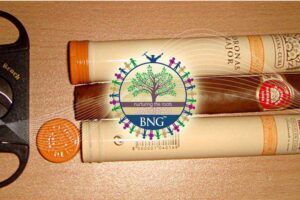Inventory Management – F & B Service
Inventory Management of Food, Beverage and other related items
Food, Beverage and related inventories are maintained and managed in accordance with guidelines to minimize the company’s investment and maximize return on Food, Beverage and related inventories through the use of a systematic inventory management system. The constant management of inventories is critical in maximizing profits and management time.
Inventory Management System
Inventory Management System consists of the following components, most of which are detailed in separate procedural SOP’S:
1. Inventory
2. Estimating
3. Par Levels
4. Purchasing
5. Receiving
6. Storage
7. Issue
8. Accounting
1. Estimating is the process of determining the quantity of Food, Beverage and items needed based on historical sales data and forecasted business volumes.
2. Inventory is the process of accurately counting all existing Food, Beverage and related items in stock. Inventories should be conducted at the same time each day/week (depending on need) following the same order/routine each time. Each hotel must develop its own procedures for taking and recording inventories. Food inventories are to be recorded on the MIS Sheets. All other should be recorded in a standard

format as determined by the hotel. It is essential that all inventories be as accurate as possible to facilitate the ordering of proper quantities of Food and Beverage items.
3. Par levels are the quantities of Food, Beverage and related items that should be on hand at the beginning of the business day for use during the day or until such time as the next delivery is received.
4. Purchasing is the process of ordering Food, Beverage and related items to arrive at the property with sufficient lead time to allow for proper storage, handling and preparation.
5. Receiving involves accepting, counting (weighing) checking quality and storage of Food, Beverage and related items. Management should oversee all receiving as this is a critical part of cost accountability and quality control.
6. Storage requires constant attention to rotation, security, sanitation, etc.
7. Issue must be controlled and managed properly.
8. Accounting for all items sold and/or consumed must be specific so that management is confident that all items have in fact been sold or consumed.




